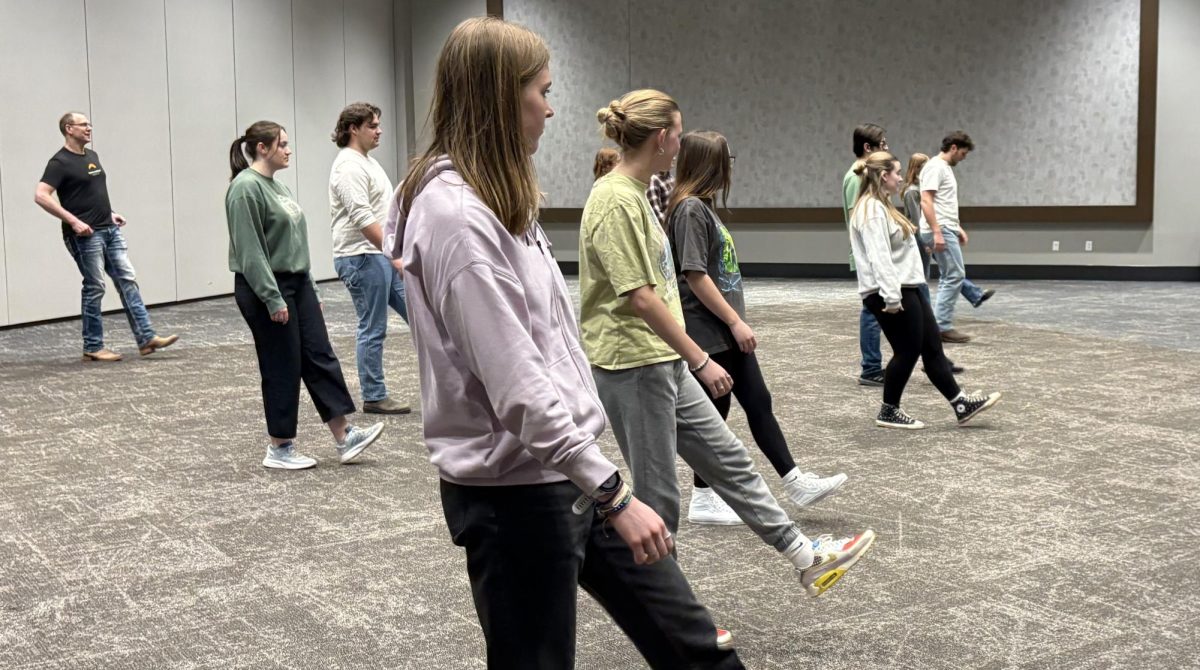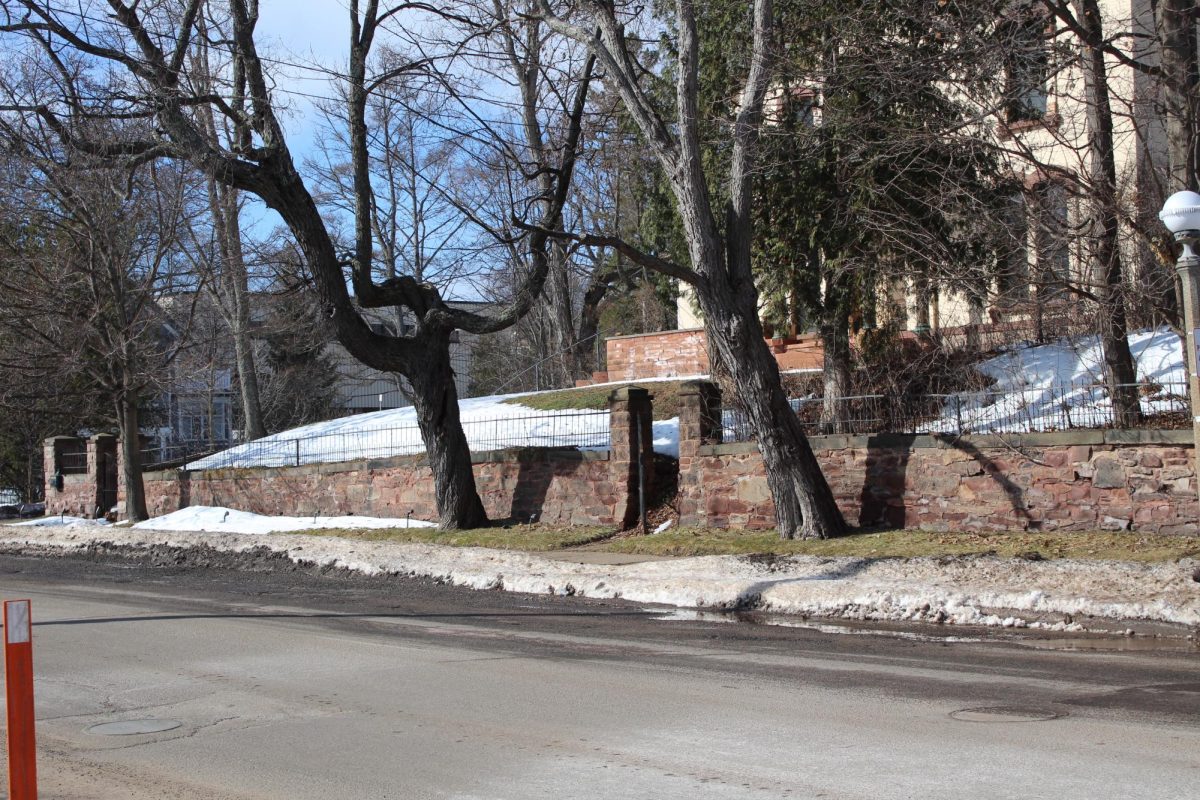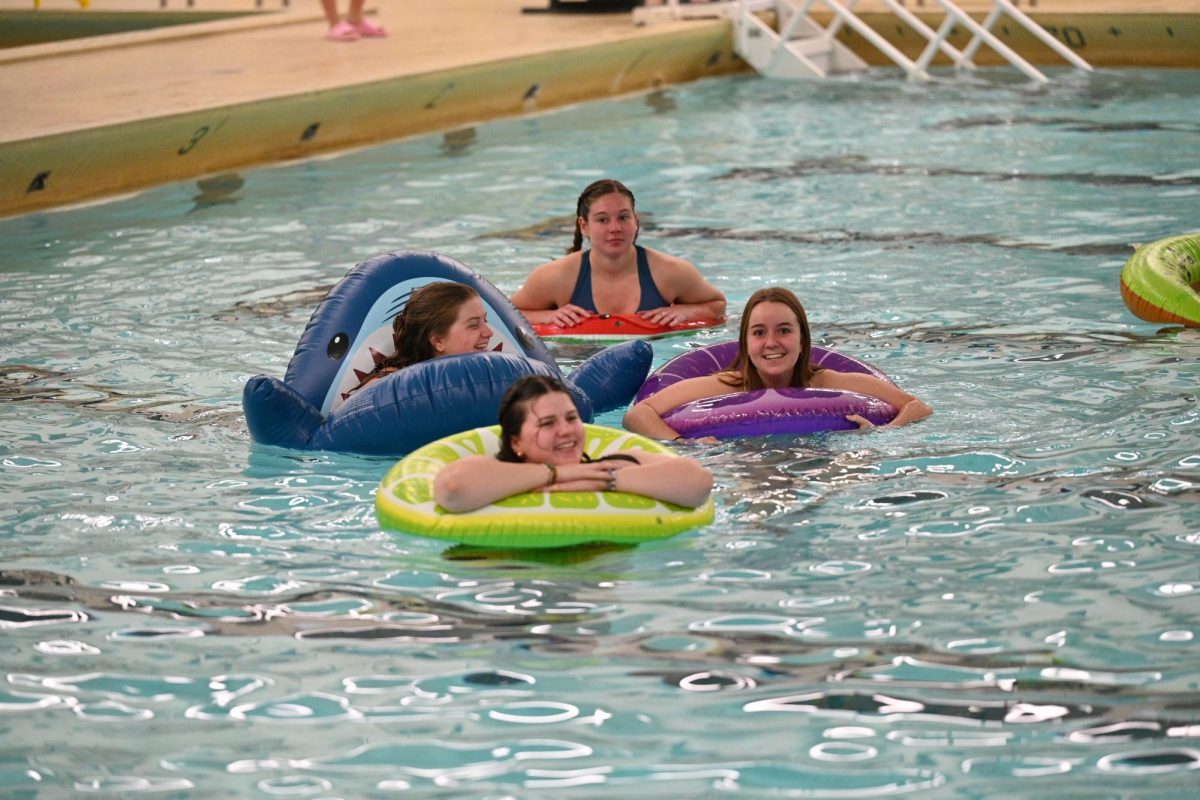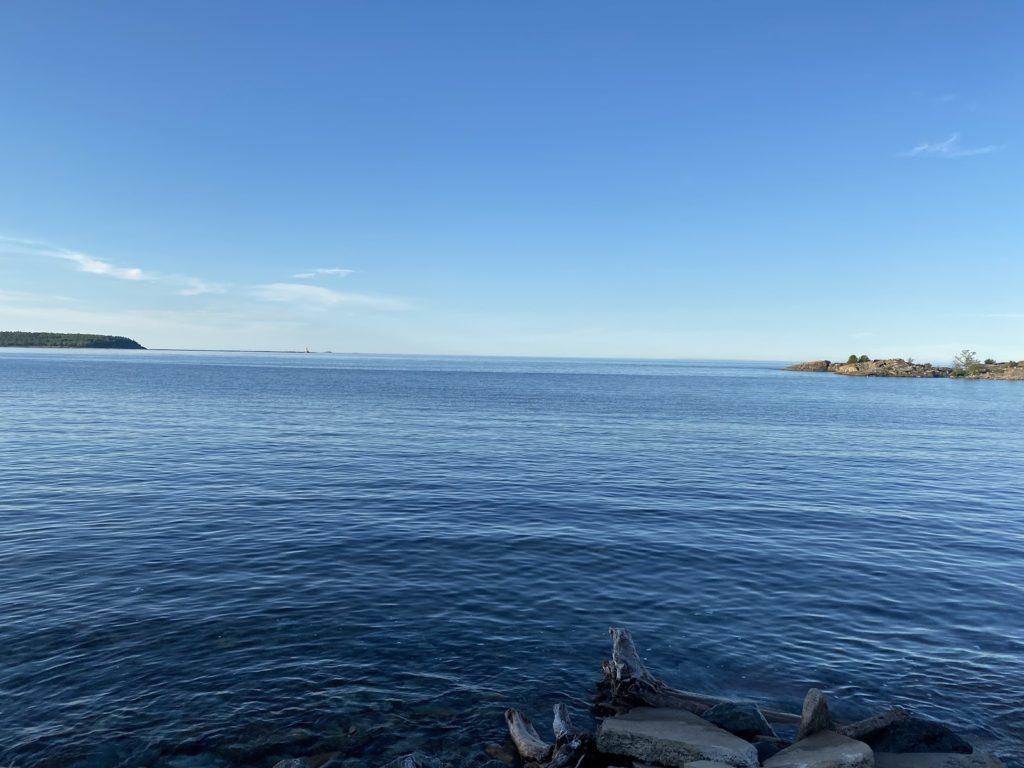One can’t help but think of Marquette’s fascinating scenery when coming to school at NMU. There are more sites to see than imaginable, but the main attraction Lake Superior tops the list. Despite its impressive stature and breathtaking views, it deserves everyone’s full caution.
There are misconceptions about the lake known as Gitche Gumme by outsiders who come into the U.P. It’s not your normal inland lake that’s smooth sailing, it should be thought of differently said City Commissioner Evan Bonsall.
“Lake Superior is incredibly beautiful, it’s an incredibly valuable community asset for Marquette, but it can also be incredibly dangerous,” Bonsall said.
“Anyone who’s not from the area, including students at the university, really shouldn’t think of it as a lake, but more like a sea or an ocean because that’s the sort of level of danger and power that you’re going to see from the lake during storms.”
Bonsall, along with Marquette Fire Chief Ian Davis went on to mention two big safety concerns when it comes to Lake Superior: rip currents and high waves during storms. Picnic Rocks and swimming on the opposite side of the lighthouse by McCarty’s Cove are prohibited due to bad rip currents, Bonsall said.
However, cross-currents are more common than rip currents, but there are rip currents too, Davis said. Rip currents are perpendicular to the shore, while cross currents are parallel to the shore. Davis and the Marquette Fire Department recommend swimmers that get caught in currents to not swim where they were originally, but along with the current before heading to shore.
High waves become a safety hazard when people want to get too close and look at the waves, get pictures, etc, Bonsall said. Not only have people fallen in, but they’ve been caught in currents at the result of getting too close.
“The thing that I’d just ask for everyone to consider before doing something like that (taking pictures, getting close to big waves) that’s really unsafe on the lakeshore, is that if you do get swept into the lake by a current or a big wave or if just swim out too far at an unguarded beach, not only is it a real possibility that you won’t survive, but it’s somebody else’s job to go out there and get you,” Bonsall said.
The majority of Marquette’s public beaches (all but McCarty’s Cove) are unguarded this summer, with lifeguard shortages mostly due to the COVID-19 pandemic, Bonsall said. Normally, 30 lifeguards are hired in Marquette, but this summer the beach has around 10.
“For people who go there, just know that you’re swimming at your own risk,” Bonsall said. “I would strongly discourage anyone from swimming alone, or especially swimming at the public unguarded beaches.”
Currently, the lifeguards are on duty at McCarty’s Cove from 11 a.m. to 7 p.m. seven days a week, Davis said. He added that the schedule is variable to change due to students going back to school, but the fire department is the next line of defense where lifeguards aren’t present, and it responds to the city of Marquette, Marquette Township and Chocolay Township.
“All of our firefighters are lifeguard trained, and we have wet suits, kayaks and surfboards on our frontline trucks,” Davis said.
Not only is the safety of students in the best interest of the fire department, but the entire community.
“That’s our whole job, not just waterfront, but with everything else we do,” Davis said. “We’re city servants, we’re here to serve and protect the residents. That’s what we’re there for.”
Lake Superior isn’t all scary, it just needs to be viewed and swam at a safe spot or distance. The world’s largest freshwater lake can be explored and glorified, but it has its limits that we all need to respect.
“We all should enjoy Lake Superior, it’s one of the best parts of living in Marquette,” Bonsall said. “But be cautious, exercise common sense and just don’t put yourself and others in danger.”


































